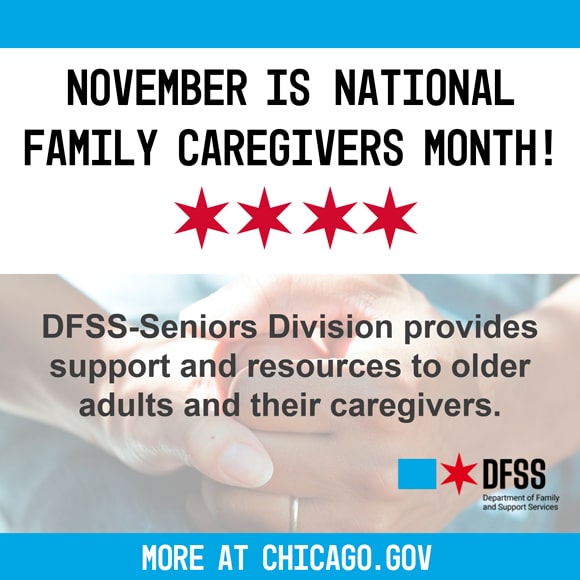Nonsteroidal anti-inflammatory drugs, commonly referred to as NSAIDs, are one of the most common medications used to treat pain and inflammation. Ibuprofen, naproxen, indomethacin and other NSAIDs are effective across a variety of common conditions, from acute musculoskeletal pain to chronic arthritis. They work by blocking specific proteins, called COX enzymes. This results in the reduction of prostaglandins, which play a key role in pain and inflammation. There are two types of NSAIDs: nonselective NSAIDs and COX-2 selective NSAIDs (these are sometimes referred to as “coxibs”).
There is a growing body of evidence that NSAIDs may increase the risk of harmful cardiovascular events including heart attack, stroke, heart failure and atrial fibrillation. Given the widespread use of NSAIDs, these findings have generated significant concern among patients and healthcare providers. I am frequently asked by patients: is it safe to continue to take NSAIDs?
NSAIDs and cardiovascular disease: Minimizing the risks
There are several factors to consider when evaluating the potential risk of NSAID therapy. The first is the duration of treatment. The risk of having a heart attack or stroke is extremely small over a short course of therapy (less than one month), such as would be the case in treating acute pain from a musculoskeletal injury like tendonitis.
Another important consideration is dose and frequency. The risk tends to increase with higher doses and increased frequency.
The third factor is whether the person has existing cardiovascular disease. In people without known cardiovascular disease, the absolute increase in risk is incredibly small (one to two excess cardiovascular events for every 1,000 people who take NSAIDs).
My general principles for NSAID use are:
- In all patients, I recommend the lowest effective NSAID dose for the shortest duration of time to limit potential side effects.
- In people without known cardiovascular disease, the increase in risk is so minimal that it rarely influences my decision about whether to use NSAIDs.
- In patients with known cardiovascular disease, I might advise an alternative treatment. Many patients with pre-existing heart disease can be safely treated with short courses of NSAIDs. However, the choice of specific NSAID and dose is more important in these patients. I generally recommend the nonselective NSAID naproxen or the COX-2 selective NSAID celecoxib, as studies have demonstrated that these two drugs may have the best safety profile in higher-risk patients.
In summary, although all NSAIDs are associated with an increased cardiovascular risk, the magnitude of the increased risk is minimal for most people without cardiovascular disease taking them for short periods of time. For patients who have heart disease or who require long-term treatment with high doses of NSAIDs, the increased risk is more of a concern.
If you fall into this category, discuss your options with your healthcare provider to determine whether an alternative therapy is possible or to help select the safest NSAID option for you.












